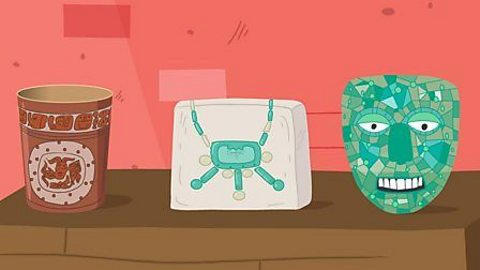Watch: What was home life like for Maya people?
I am Jade Skirt and welcome to my family’s farm, not everyone lives in the city you know.
We live and sleep in one big room covered by a thatched palm leaf roof.
There are no windows, just one open doorway. But it keeps us cool and out of the sun.
While my father hunts in the jungle, or works in the fields with his tools, my mother grinds corn next to the hearth in the centre of the house.
Oh!
Children don’t wear any clothes until they are 5, then there is a ceremony where boys receive a loin-cloth, like that one, and girls get to wear a skirt.
Do you know what I would love?
A really big tattoo!
But the best tattoos are for noble girls.
My brother is soooo lucky, he is a warrior and as a reward for fighting bravely he is getting an enormous tattoo.
Maybe he isn’t so brave after all!
What did the Maya people build?
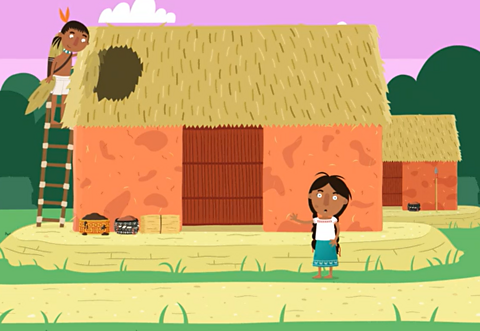
The Maya built many temples, palaces, causeways, schools and marketplaces.
They took millions of hours to build, from cutting and moving the stone to finishing the decoration.
The royals and nobles lived in the ceremonial centre and the ordinary people further out.

What were the buildings made from?
The temples and palaces were mainly made of stone. Limestone in particular was available across much of the Maya region. Limestone is soft when first cut and hardens with age.
Fired bricks, volcanic rock and sandstone were used in areas where there was no limestone. The limestone was burned to make cement or plaster.
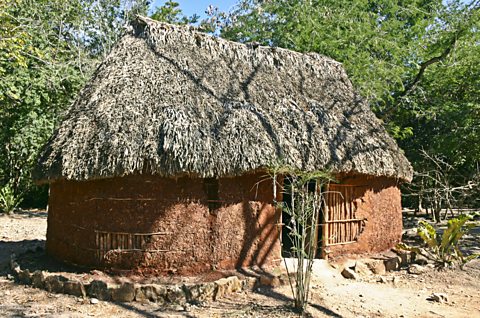
Wood was used for beams and poles, and thatch for huts, covered with adobe, which was mud strengthened straw.
The Maya did not use the wheel. They moved stone on logs or with pulleys.
How did ordinary people live?
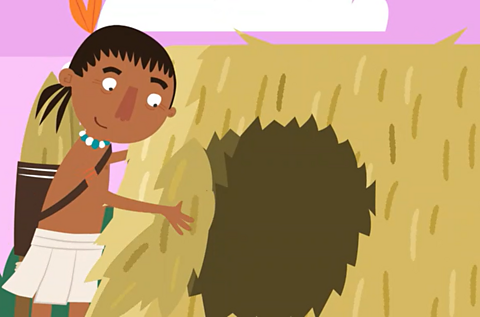
Ordinary Maya homes were not built on platforms like the city temples and palaces but on ground level. They were built in an oval shape, from wooden poles with clay and mud (wattle and daub) or stone walls (which was rare) and a thatch roof, or plants, to keep the rain and snow out.
They had one room which they all shared, including the parents, sometimes with a wall to divide the house. They would sleep in the back part.

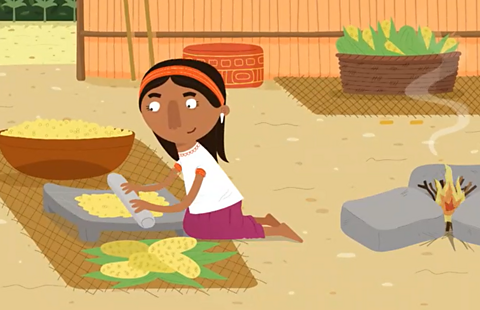
There might have been a hearth (fireplace) to cook on and every house had pottery. Beds were made from sapling rods with a mat placed on top.
They often buried family members underneath or near the house.
Activities
Activity 1: Quiz – Maya houses
Activity 2: History Explorer game
Play this game to test your knowledge and learn even more facts about the ancient Maya.
History Explorer: Secrets through time
History Explorer: Secrets through time: KS2 History
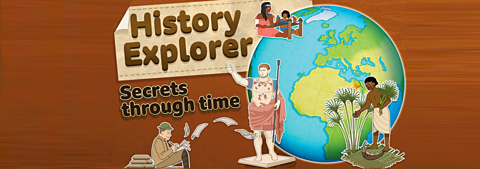
Bitesize Primary games. gameBitesize Primary games
Play fun and educational primary games in science, maths, English, history, geography, art, computing and modern languages.

More on Maya Civilisation
Find out more by working through a topic
- count3 of 20
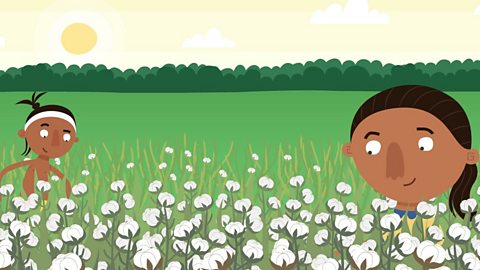
- count4 of 20
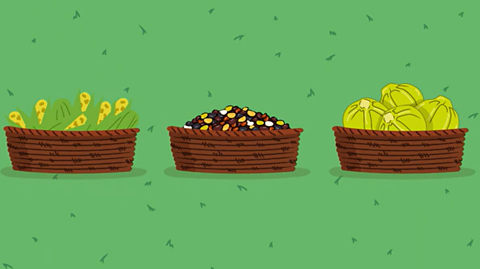
- count5 of 20
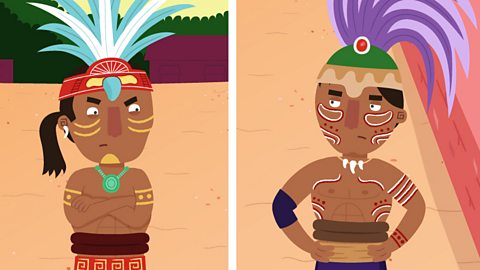
- count6 of 20
